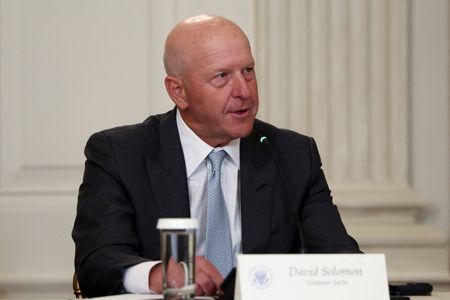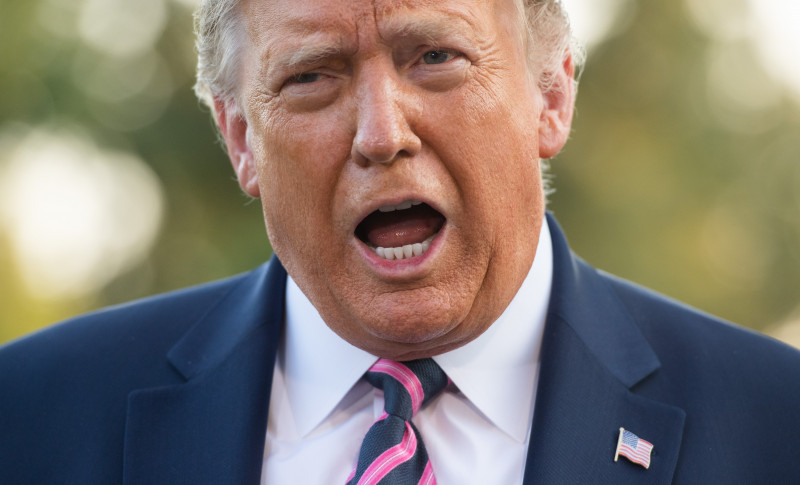Trump scolds Goldman Solomon over tariff research, vows to audit Wall Street for 'imaginary tariffs'

In a spectacle that could power a weekend cable show and the national budget at the same time, Donald Trump publicly rebuked Goldman Sachs chief tariff researcher Solomon for what he called ‘pretzel logic’ in tariff research.
Trump’s tweet-citadel emerged as he announced a new policy: all public tariff research must be accompanied by a complimentary gift, preferably a hat that says ‘Make Tariffs Great Again’.
Solomon issued a calm reply, saying the bank will continue its ‘data-driven’ analysis, even as the President rolled his eyes so hard the air might be shaped into a question mark.
Economists wonder if the real target is not tariffs but the idea of independence in the research department, a concept apparently invented by bankers who like risk alarms and red pens.
White House aides leaked a mock memo: ‘Tariff research to be reviewed by the Office of Manufactured Opinion and The People’s Tariff Watch’.
Markets hiccuped, traders yawned, and a few executives whispered that if tariffs are a form of entertainment, Trump’s speeches are a blockbuster.

Solomon, currently traveling on a private jet named ‘Due Diligence’, responded by sending a stuffed calculator to the president as a peace offering.
The incident has reinvigorated a national pastime: turning policy memos into punchlines and producing a chart that only goes up when the president adds ‘very’ to the word ‘tariff’.
Meanwhile, critics say this is just another chapter in the ongoing reality-politics-television hybrid that makes economists long for a quiet LinkedIn endorsement.
Some bankers suggested a mutually beneficial arrangement: Solomon writes the tariff report, Trump headlines it, and they both pretend it was all part of a ‘special partnership’.
In his closing remarks, the president declared that the ‘tariff research’ campaign would be expanded to include a series of town hall meetings where charts will be stapled to the wall and called ‘Tariff Theater’.
Observers concluded that if nothing else, the episode has succeeded in making economic data look exciting enough for prime-time, which is to say, less exciting than a rerun of a reality show about a boardroom and a fake volcano.
